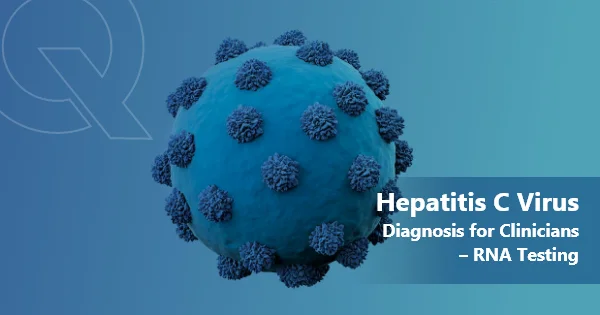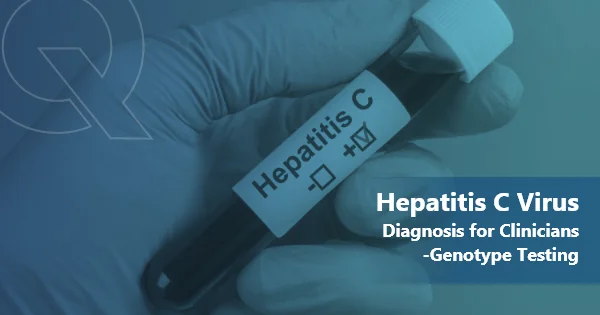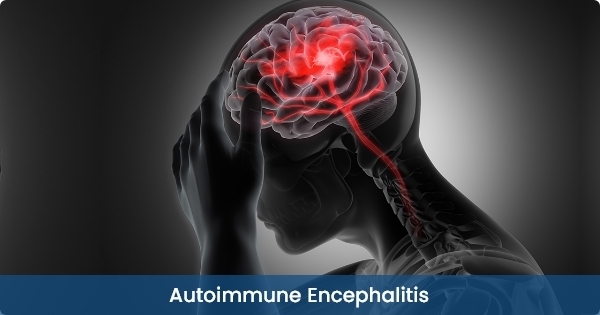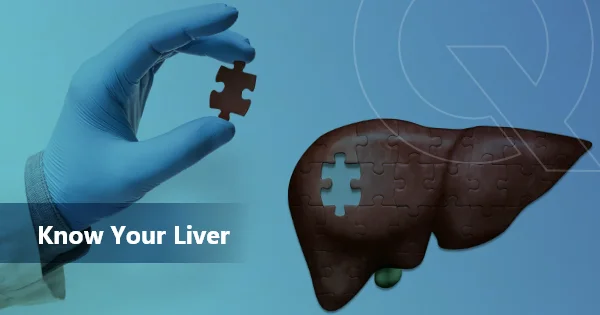Dr. A. C. Anand, President, Indian Society of Gastroenterology
Introduction of a new magic drug Sofosbuvir for HCV infection at an affordable price has led to renewed interest in treatment of this disease. Treatment regimen to be used is dependent on the proper diagnosis of various aspects of HCV infection. Investigations for diagnosis of HCV infection include serological assays for antibodies to hepatitis C (anti- HCV) and molecular assays for detection of viral RNA. In addition, investigations for stage of hepatic fibrosis, determining genotype of the virus and IL28b polymorphism are also required.
Contents
Serological assays
Presence of anti-HCV antibodies indicates prior exposure to HCV infection. However, the assay may be negative early in acute HCV infection, in immunosuppressed individuals. Anti-HCV antibodies can be detected by rapid immunoassays, enzyme-linked immunosorbent assays (ELISA), or chemiluminescent immunoassays. Quality of some of the test kits for anti-HCV may be a reason for concern.
Rapid immunoassay tests use a unique combination of modified HCV antigens conserved across all genotypes. However, some studies have demonstrated that rapid tests cannot be solely relied upon in screening patients from high- risk population in India. ELISA tests indicate presence of antibodies against HCV core, NS3 and NS5 regions. A study in North India has demonstrated the value of blood banks screening using two ELISA kits concurrently to improve detection of contaminated blood.
Enhanced chemiluminescence immunoassay (ECi) a quantitative assay based on chemiluminescent reaction, which is as good as ELISA.
HCV core-antigen
Detection of HCV core-antigen, a protein with highly conserved sequence, by enzyme-immunoassays may be a simpler alternative to RNA detection. Its major role may be in identification of blood donors who are in the pre- seroconversion window. It has been shown to be more cost- effective than nucleic acid testing for early diagnosis of HCV infection. Its cost has been estimated to be around 4-10 times lesser than the in-house reverse transcription-polymerase (RT-PCR) assays. It has the potential as an alternative to detect active HCV infection where HCV RNA testing may not be feasible.
HCV RNA testing
HCV nucleic acid detection relies on either amplification of the detection signal or amplification of the nucleic acid target. The branched DNA method (bDNA assay) for signal amplification detects HCV RNA and has a lower limit of quantification of 615 IU/mL. This level of sensitivity is generally inadequate for measuring response to antiviral therapy where the goal is viral eradication. Quantitative assays using RT-PCR methods have a lower limit of detection of 50 IU/mL (Amplicor v2.0® and Cobas v2.0®, Roche). A broader dynamic range allows for better quantification of HCV RNA at the highest levels of viremia prior to initiation of treatment.
HCV RNA testing is recommended for:
- For confirmation of viremia if anti-HCV test is positiv
- For confirmation of a strong suspicion of HCV infection where HCV antibodies may be negative g. acute HCV infection with exposure to HCV within the last 6 months, immunocompromised patients or in those with HIV infection.
- The diagnosis of HCV infection in babies born to HCV positive mothers since antibody testing may be fallacious due to presence of maternal anti-HCV antibodies up to 18 months of During this period HCV RNA should be done to confirm the diagnosis.
- At baseline, prior to commencing treatment and for monitoring of viral kinetics during therapy and to guide therapy.
HCV RNA testing should be done using a sensitive method (lower limit of detection of<50 IU/ml) and the results should be expressed in a standardized format as IU/mL.
Read our next blog on HCV Genotype Testing.






